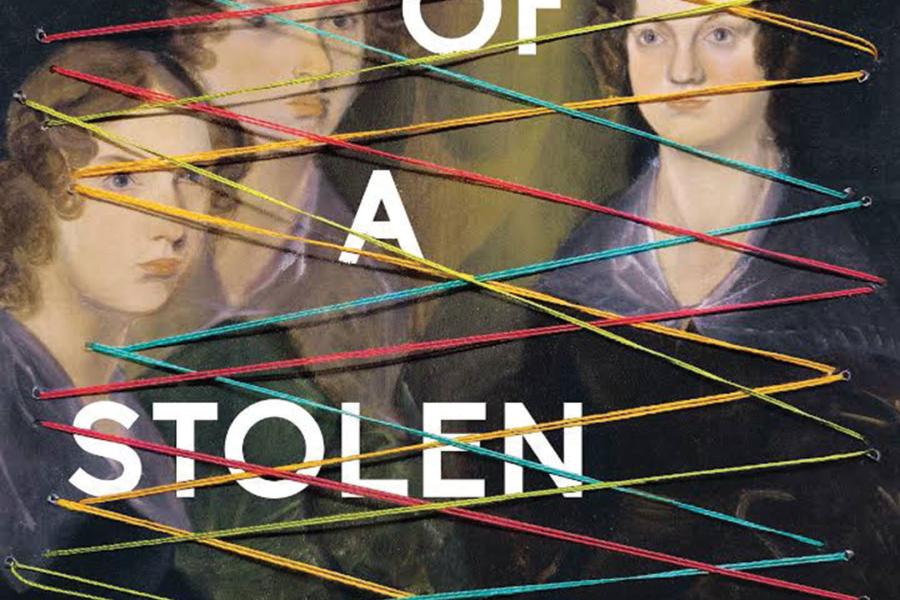England's literary Brontë family provides constant fodder for scholars, thanks to new material from a seemingly limitless cadre of letters, manuscripts, and diaries that periodically come to light. Now Rachel Cantor, A&S '98 (MA), has uncovered—nay, invented—emails, radio transcripts, and home movies to overhaul the familiar narrative of Charlotte, Emily, and their siblings.
The anachronisms might begin subtly on page one of the novel Half-Life of a Stolen Sister, when the sole Brontë brother, Branwell, petulantly tosses a toy ... truck?! … in the air. But as the book unwinds, referencing cocktail dresses and canned food, rent-controlled apartments and dollar stores, we're gradually let in on the joke.
It's hard to figure out exactly what the intent is, but something along the lines of forcing us to reconsider what we think we know about the authors of Jane Eyre and Wuthering Heights seems about right. The book's rich humor lies in its adept and casually seamless merger of the voice and vocabulary of the characters' early 19th-century milieu with the trappings of our media-hungry society.
Consider when Charlotte writes back to an unnamed poet laureate to whom she sent a sample of her writing. "I fear, however, that you have misread my intent," her letter reads. "I did not wish a blurb from your august hand." Charlotte did indeed famously solicit feedback from the poet laureate Robert Southey.
Taking her cue from the wild imaginings of the Brontë children, Cantor uses a free hand to combine incidental characters, shift locales, and occasionally rename family members while sticking to the overarching threads of their lives: impoverished childhoods enriched by fervent storytelling, early pseudonymized successes, thwarted romantic yearnings, tragic deaths. Through it all runs a deep and not entirely subtle vein of feminism. "What are we to do? Become helpmates to boors?" Emily asks "Lotte" as they discuss their romantic lives.
"He finds me dutiful," Lotte replies. "What would he say if he looked into my mind? … If he visited my heart?"
"Screw 'em," retorts Emily.
Posted in Arts+Culture








